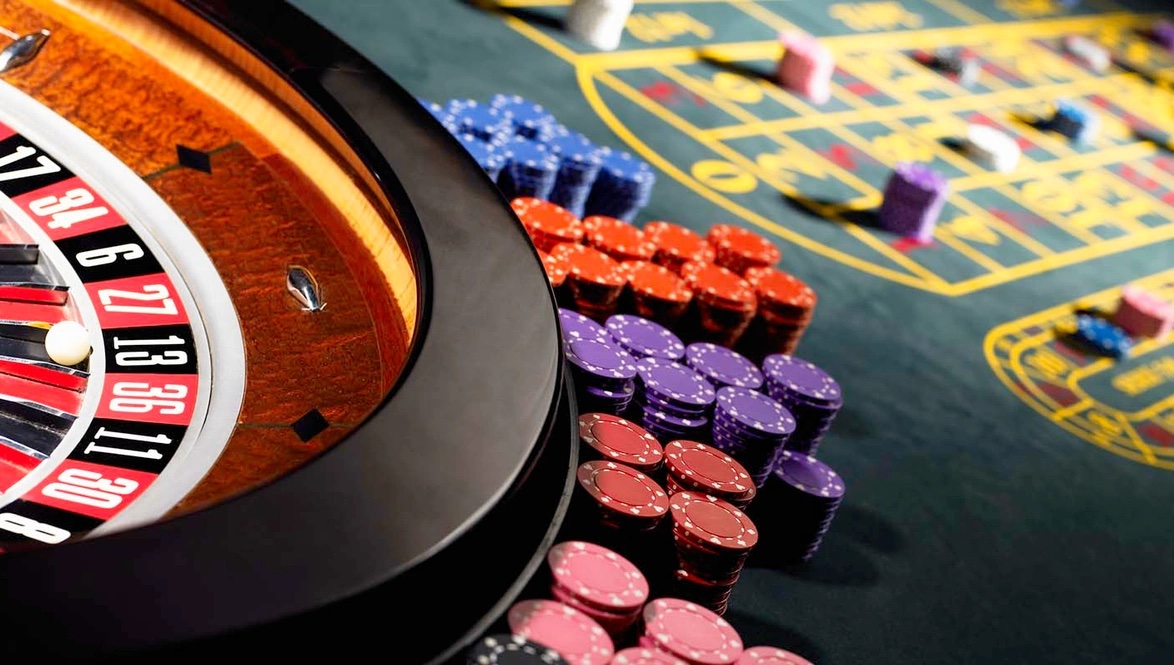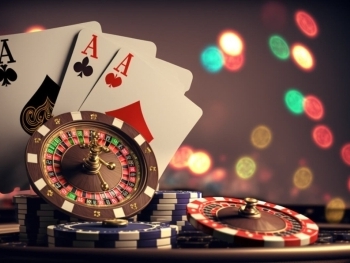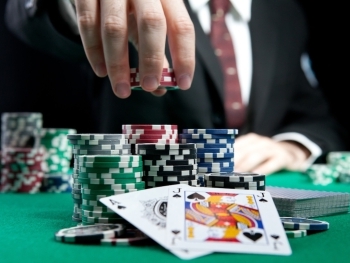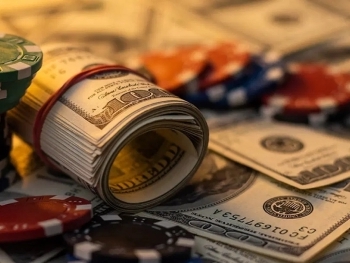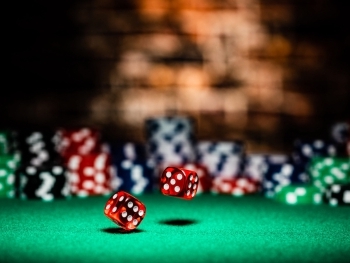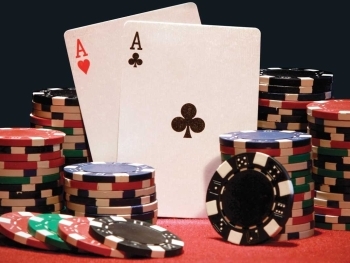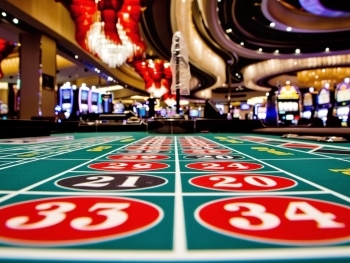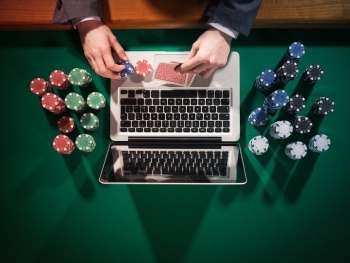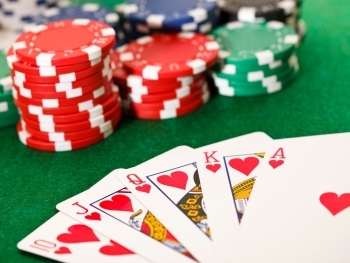Gambling has always been intertwined with superstition. Throughout history, gamblers have relied on various rituals, charms, and beliefs to try to influence the outcome of their bets. Whether in casinos, sports betting, or online gambling, superstitions play a significant role in shaping players' behaviors and strategies. This article explores the origins of gambling superstitions, common beliefs among gamblers, and how psychology influences these perceptions.
1. The Origins of Gambling Superstitions
Superstitions in gambling date back to ancient civilizations. In early societies, gambling was often linked to divine intervention, fate, or supernatural forces. Players would perform rituals or consult oracles before placing bets, believing that luck could be influenced through supernatural means.
Many gambling traditions have evolved over the centuries, influenced by cultural beliefs and regional customs. In some cultures, certain numbers or actions are considered lucky, while others are deemed unlucky, affecting how people place their bets.
2. Common Gambling Superstitions
Lucky and Unlucky Numbers
- Lucky numbers: The number 7 is widely considered lucky in gambling, particularly in Western cultures, due to its association with prosperity and success.
- Unlucky numbers: In Chinese culture, the number 4 is avoided because it sounds like the word for "death." Many Asian gamblers refuse to sit at a table with the number 4.
Rituals and Behaviors
- Blowing on dice: Many craps players blow on dice before rolling them, believing it increases their chances of a favorable outcome.
- Crossing legs: Some gamblers believe that crossing their legs while playing will "cross out" their luck, leading to losses.
- Wearing red: In Chinese culture, red is associated with good fortune. Many players wear red clothing or accessories when gambling for luck.
Objects and Charms
- Rabbit’s foot: A common lucky charm believed to bring good fortune.
- Four-leaf clover: A traditional symbol of luck often carried by gamblers.
- Lucky coins: Some gamblers bring a specific coin or token they believe brings them luck.
3. The Psychological Influence of Superstition
Superstitions persist because they provide gamblers with a sense of control in an inherently unpredictable environment. Psychological principles such as confirmation bias and illusory correlation reinforce these beliefs:
- Confirmation bias: Gamblers remember instances when their superstitions seemed to work while ignoring times they failed.
- Illusory correlation: Players believe there is a link between their actions and the game's outcome, even when no real connection exists.
Casinos often encourage superstitions because they contribute to prolonged play and greater engagement. From lucky-themed slot machines to feng shui-inspired casino layouts, gambling establishments subtly cater to players' beliefs to keep them betting.
4. Superstitions in Different Forms of Gambling
Casino Games
- In blackjack, some players believe that sitting at the "third base" position (last to act) gives them the best chance to win.
- In roulette, players often place bets based on previous spins, following the gambler’s fallacy—the mistaken belief that past outcomes influence future results.
Sports Betting
- Bettors may wear a lucky jersey or follow a pregame ritual before placing a bet.
- Some avoid betting on their favorite teams, believing it brings bad luck.
Online Gambling
- Virtual casinos incorporate superstitious elements like themed backgrounds, lucky symbols, and customizable avatars to appeal to belief-driven players.
- Players may prefer specific times or days to gamble, thinking their luck is stronger during certain periods.
5. The Balance Between Fun and Rational Play
While superstitions add excitement to gambling, they can also lead to irrational decision-making. Responsible gambling involves recognizing that outcomes are based on probability rather than mystical influences. Players should balance superstition with logic to avoid excessive losses driven by false beliefs.
Superstitions have always played a significant role in gambling, shaping how players approach bets and perceive luck. From lucky numbers to elaborate rituals, these beliefs persist across cultures and gambling formats. While they can add an element of fun and tradition, it is important for players to recognize the role of randomness in gambling and avoid relying too heavily on superstitions. Understanding the psychology behind these beliefs can lead to a more enjoyable and responsible gaming experience.
